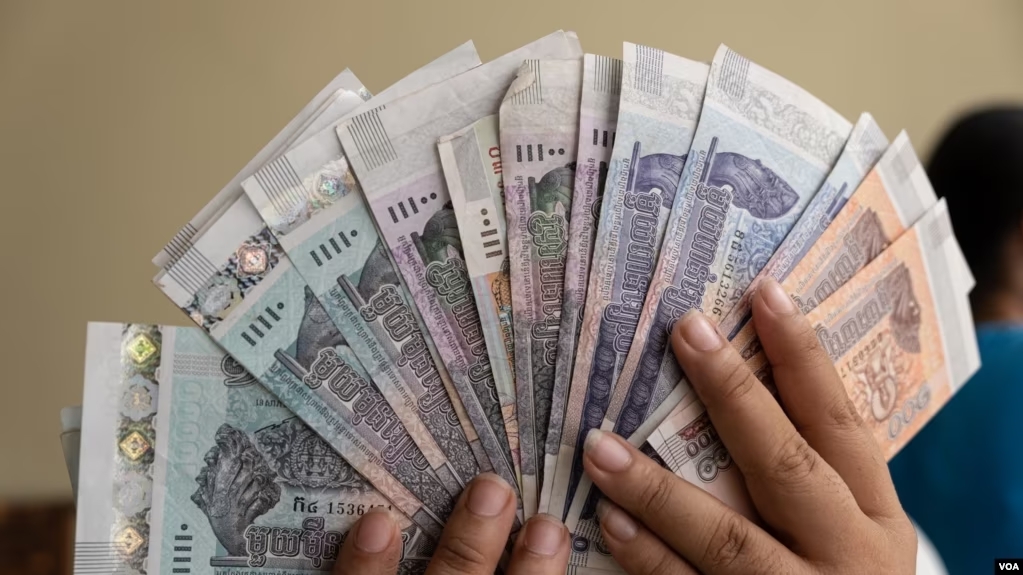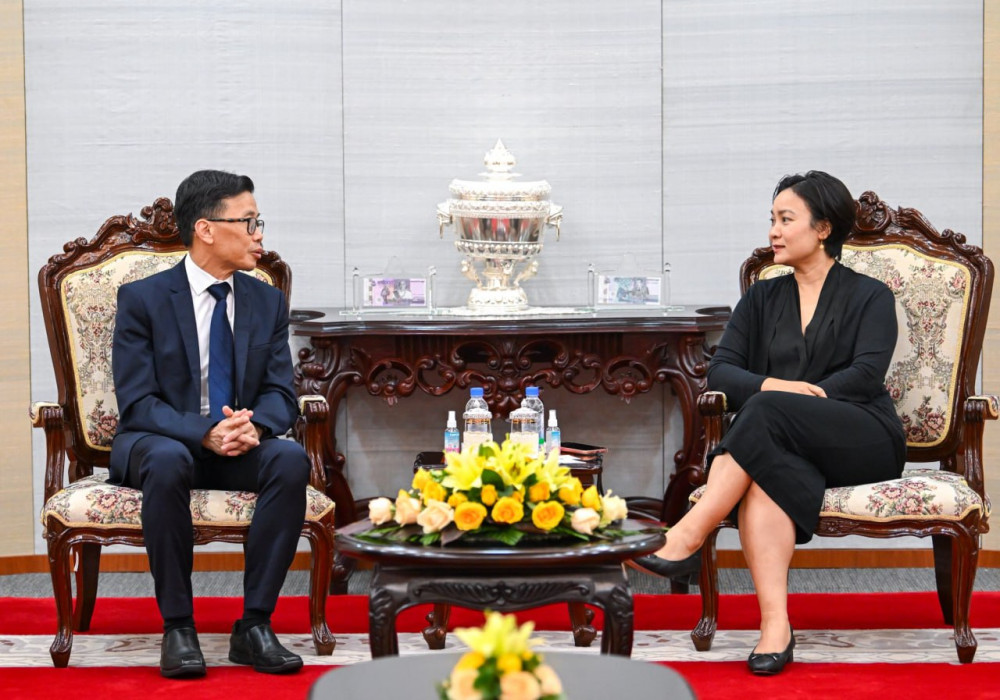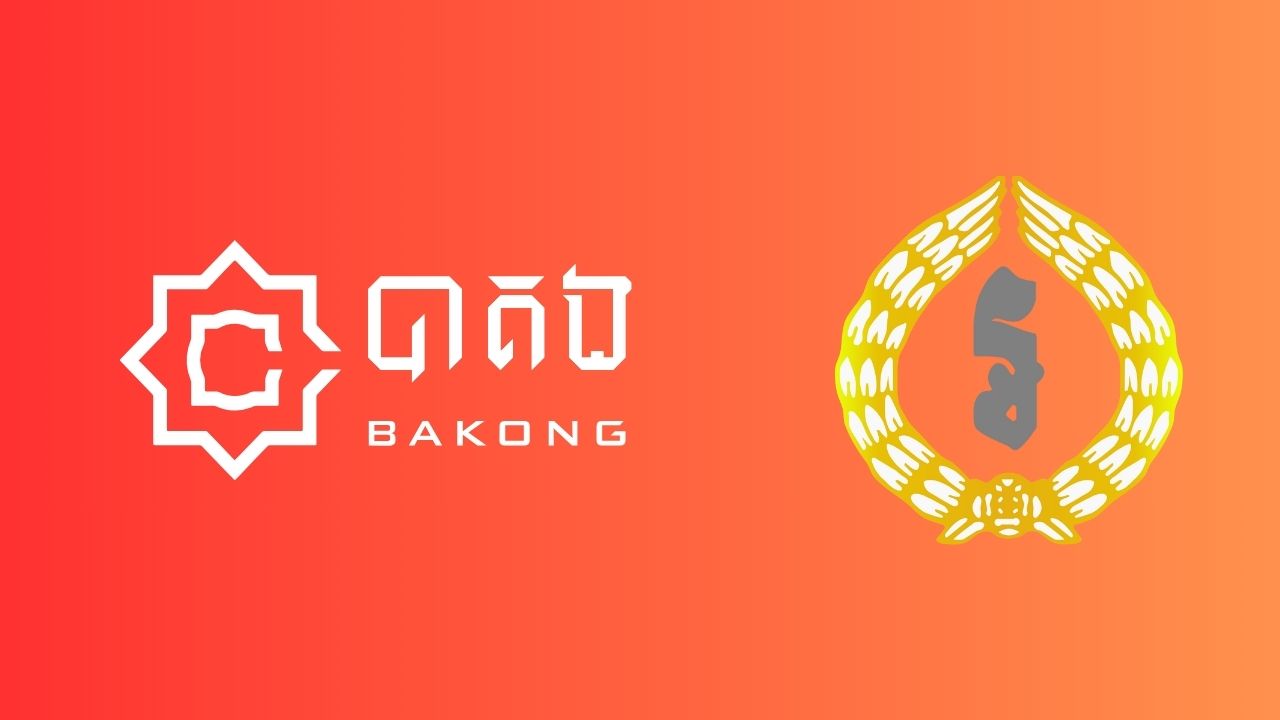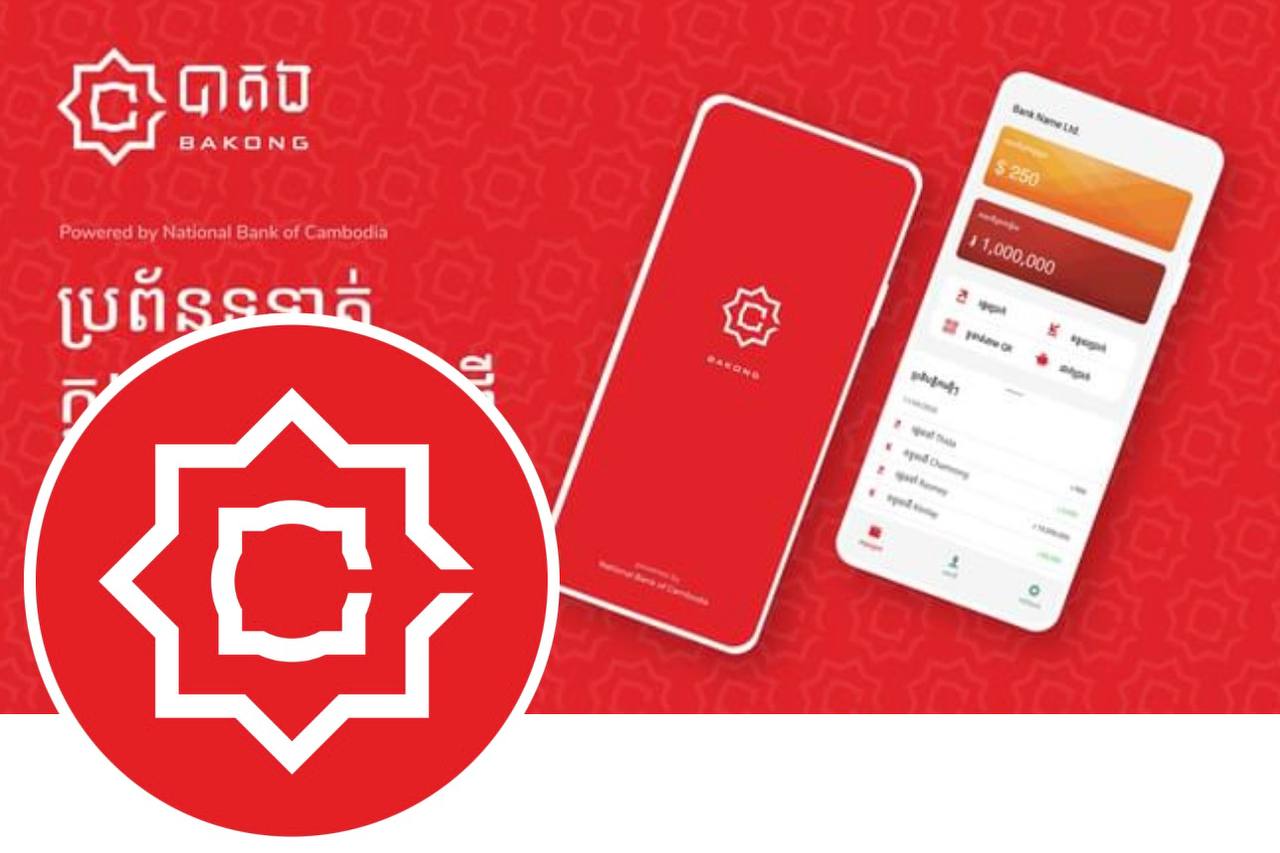Tag: Bakong
-

Promoting Wider Usage of the Cambodian Riel
-

RHB Bank Pledges to Grow its Presence in Cambodia
-

Making Payments Easier Between Cambodia and China
-

Making Payments Easier Between Singapore and Cambodia
-

BAKONG and NBC: Why Central Bank Oversight Matters for Digital Payments
-

BAKONG Explained: The Ultimate Guide to Cambodia’s National Digital Payment System, Blockchain, and the Future of the Riel